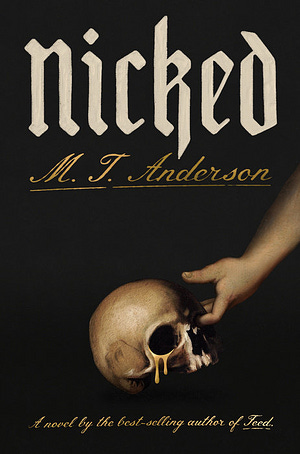What I'm Reading
"Nicked" by M. T. Anderson
As we observe the Feast of Saint Nicholas, I happen to be reading a novel recounting of the 1087 heist of Saint Nick’s remains from their resting place in Myrna, to the Italian city of Bari.
Author M. T. Anderson begins his tale with an invocation to the Saint;
In an age of sickness; in a time of rage; in an epoch when tyrants take their seats beneath the white domes of capitals — I call upon Saint Nicholas, gift giver, light bringer, wonder worker…
He finishes with, “Though I am an unbeliever, I pray for faith.” And what follows is the tale of an unlikely collaboration and affection between the opposing ideals of the worldly and the spiritual.
When the simple-hearted monk Nicephorus dreams of a visitation by Saint Nicholas, his superiors determine it to be a sign that the saint wants his remains moved to their town. The monk is partnered with Tyun, a charismatic and worldly relic hunter with the reputation of being very good at what he does.
The story hews very close to the historical accounts, interspersed with episodes of the remarkable hagiography of Saint Nicholas, and serves it straight up without winks, nods, or apologies for the miraculous and extraordinary claims made by the Eleventh-century source material.
What I find most remarkable is the basic respect and dignity given to the faith of the monk Nicephorus. He is, and not surprisingly, looked upon as simple and naive by the other characters. But the narrative itself avoids any cheap shots or attempts to belittle his faith. The unfolding relationship between him and the worldly Tyun becomes a study in the tension between their real and deeply held beliefs.
As I write this, I’m a little more than three-quarters through the book, so the final resolution remains to be seen. But so far it reads as an expression of the author’s opening plea: “Though I am an unbeliever, I pray for faith.”


